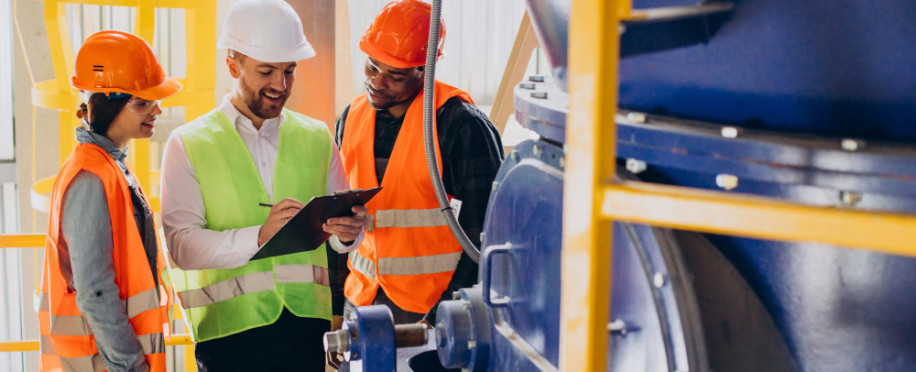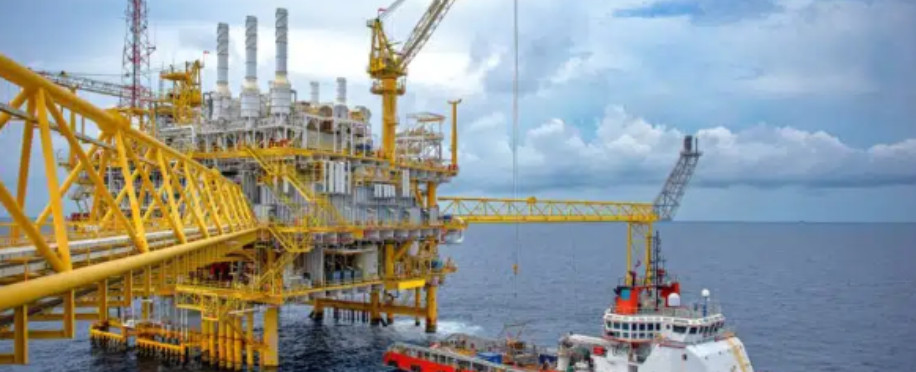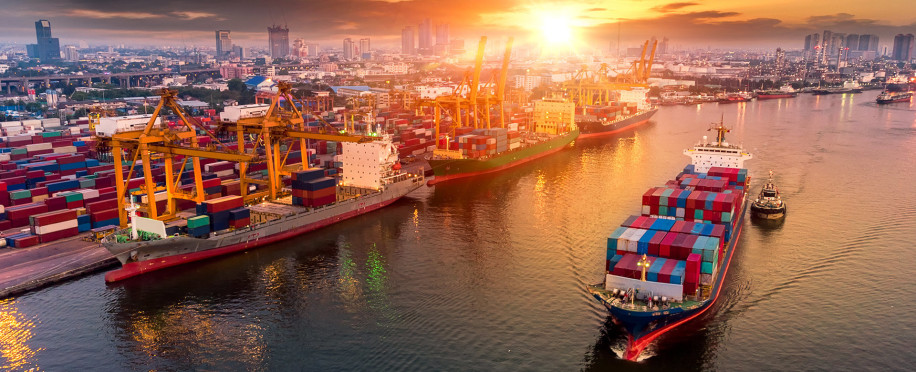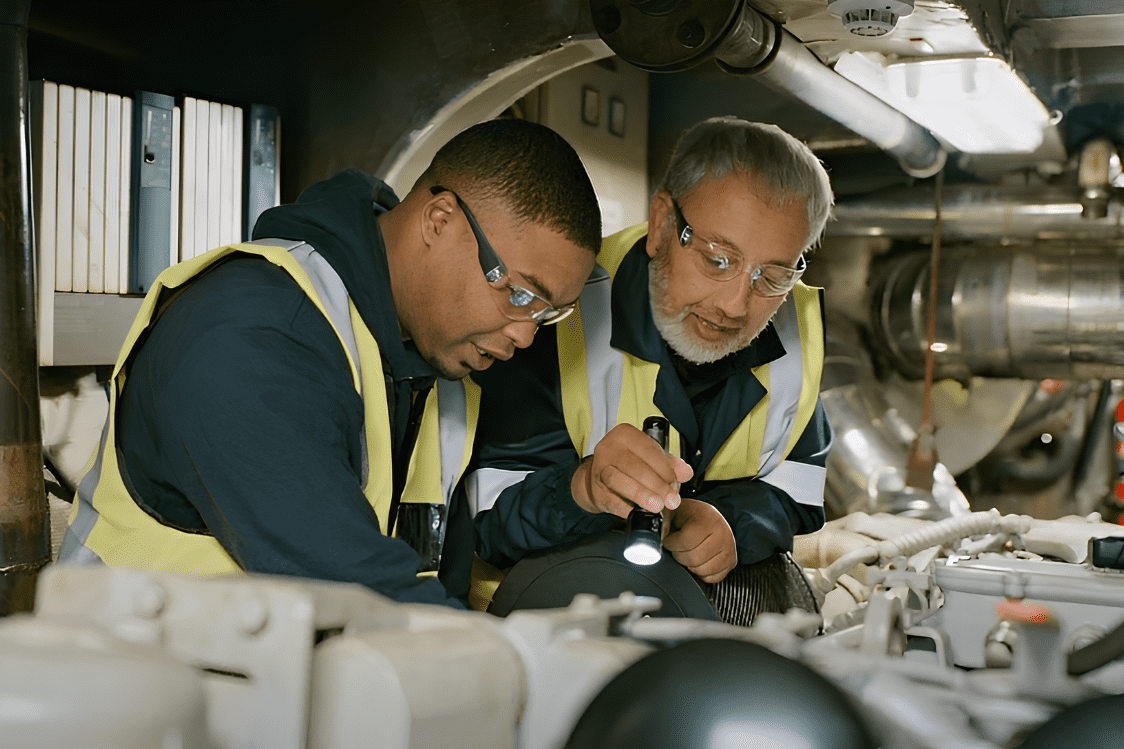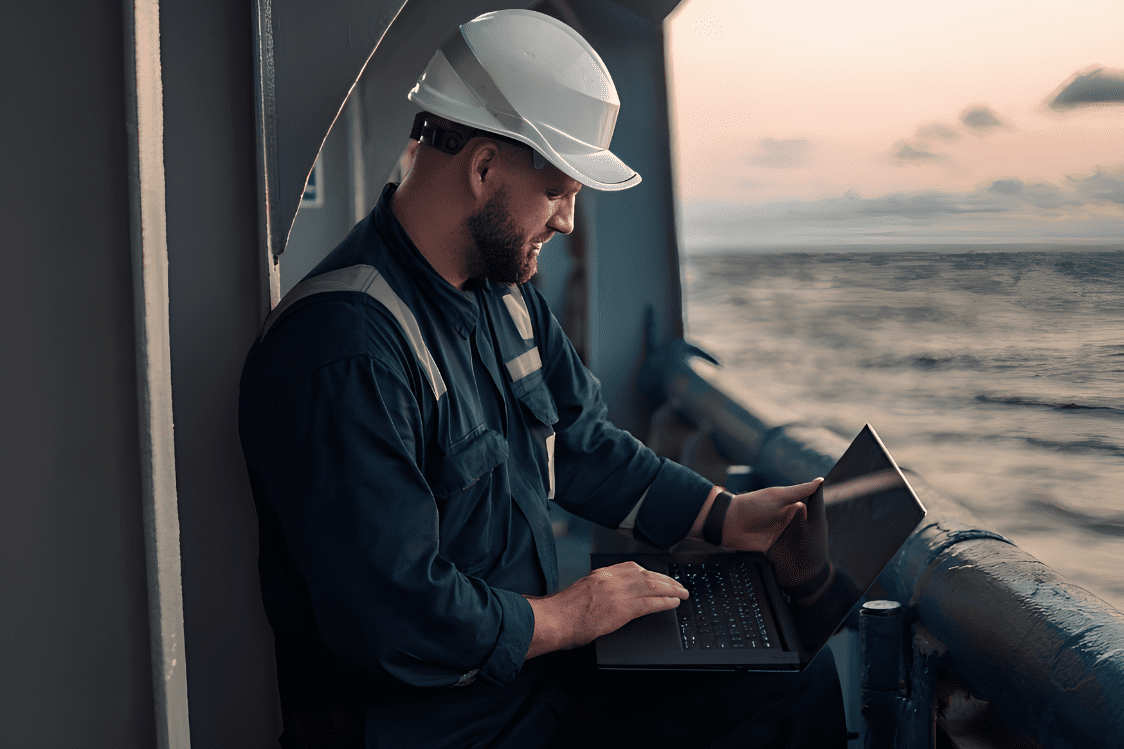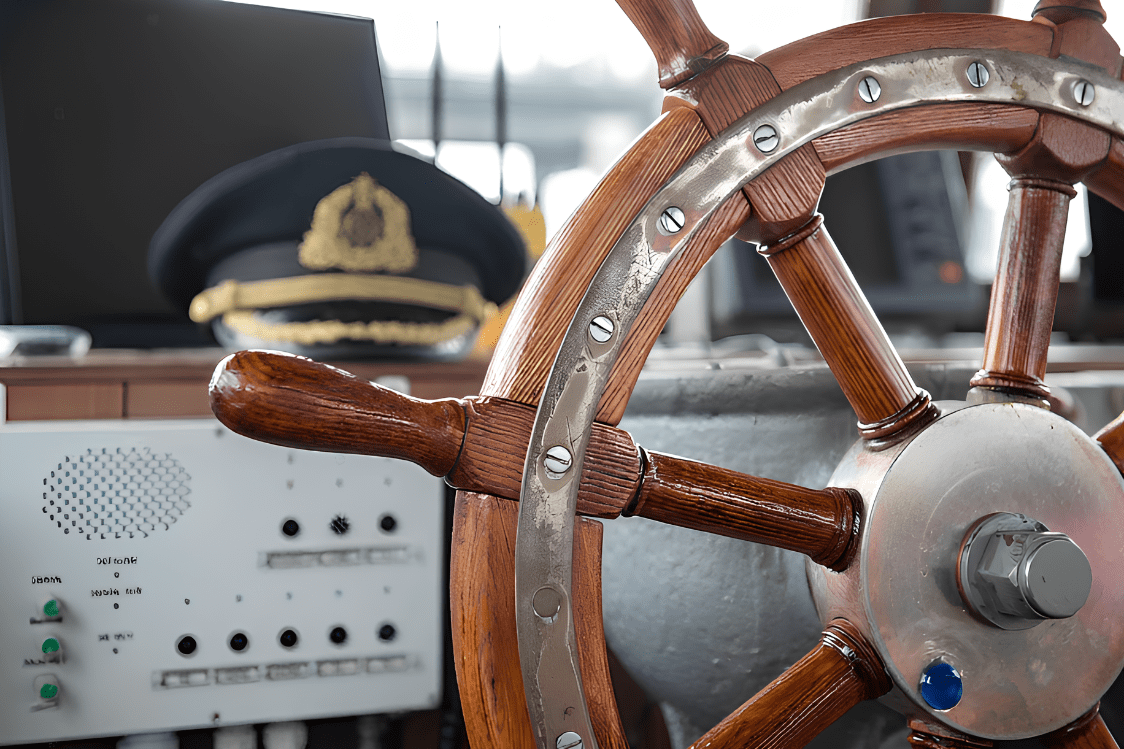Future Ports Today: Innovations Driving Port Engineering Excellence

Posted on Apr 23, 2024 at 08:04 PM
Port engineering is the hidden magical touches done by a design engineer to achieve perfect function, maintenance, construction, and design of ports and terminals. Thus, huge investments are taking place to include innovations in port engineering processes.
Additionally, effective port engineering planning ensures that the marine port is working perfectly even at its maximum capacity.
In this article, we are going to introduce you to the port engineering concept, the role of a maritime engineer, the major innovations in port engineering, and the key benefits of port civil engineering.
What Is Coastal and Port Engineering?
As the name clarifies, coastal and port engineering is a branch of civil engineering that focuses on the design, construction, maintenance, and management of infrastructure and facilities in coastal areas and ports.
Moreover, port engineering includes a wide range of services and projects that aim to facilitate maritime transportation, protect coastal communities, organise maintenance services, and manage coastal resources in the best way.
Therefore, we can say that in the port engineer career, the engineer is responsible for maritime management, maintenance, planning, ship inspection, machinery repairs, and other services that support maritime trade, protect coastal assets, and promote sustainable development in coastal regions around the world.
5 Quality Innovations in Port Engineering:
Starting with sustainable ship design to the hundreds of marine innovations that are shaping the shape of the maritime shipping industry, we can say that maritime in general and port engineering in specific are developing greatly.
However, these are the most important port engineering innovations that are impacting the maintenance division, design department, construction division, and all planning services done by the super port engineers:
-
Automated Technology:
There are hundreds of operations and services running in ports every day, and the need for automated services is a way to minimise errors, boost speed, and ensure navigation accuracy.
Port engineers are increasingly adopting automated technology such as autonomous cranes and automated guided vehicles (AGVs) to enhance efficiency and safety in cargo handling operations, facility maintenance, and more.
These port engineering systems can optimise workflows, reduce average labour costs, and drive efficiency which will by default improve the overall insights of the maritime industry.
-
Sustainable Port Practices:
The Port engineering program involves implementing the latest sustainable practices such as using renewable energy sources, shore power for vessels, and eco-friendly equipment to minimise environmental impact and gas emissions.
All the updated marine engineering short courses focus on the importance of sustainable planning and clean energy done by an engineer not only to follow the description of IMO rules, and international regulations but also to be part of the international planning efforts to save and protect the society and environment.
Sustainable port engineering professionals aim to reduce carbon emissions, conserve natural water resources, apply the best repair and maintenance projects, and protect local ecosystems while boosting stable economic capability.
-
Smart Port Infrastructure:
Every day there are newly founded inventions in smart technologies that are developing all aspects of life, including port engineering practices.
Smart port infrastructure integrates technologies like Internet of Things (IoT) sensors, real-time data analytics, security requirements, and predictive maintenance tools that can and will optimise various port operations, loads, jobs, and solutions.
Moreover, a port engineer uses all the assistant smart systems for comprehensive data collection, and insights analyses, which empowers proactive decision-making, develops asset and capital management, improves performance reviews, and enhances mechanical effectiveness in all terminal and port facilities.
-
Digitalised Blockchain:
The main concept behind blockchain is providing access to a track record for the main engineer about each maintenance and construction process from the beginning to the endpoint, and the replacement of it into a digitalised process, especially in international ports is a master step.
Simply, blockchain technology is developing port engineering operations by providing secure and transparent transactions, streamlining paperwork, and enhancing supply chain visibility.
The digitising of documentation processes helps port engineers to trust transactions in the blockchain, lower fraud, and speed up cargo and product movement through ports based on representative assessment.
-
Advanced Monitoring Systems:
Port engineers are investing in advanced monitoring science and systems such as satellite imagery, drones, and remote sensors to review and monitor vessel movements, track cargo, and assess environmental conditions in real time.
These engineering investments allow each port engineer to monitor, coordinate, maintain, design, and plan effectively with situational awareness, active analysis, safety and security, and effective proactive risk management in port environments.

True Benefits of Port Engineering Development:
Every port engineer is working to learn, understand, and gain practical practice in these topics and innovations in port engineering to improve his/her current work outcomes in all maintenance, planning, and designing aspects:
-
Better Operation Efficiency: Port engineering advancements boost fundamental processes, enhance workflows, and lessen downtime, resulting in improved worldwide operational efficiency.
-
Faster Operations: Through automation, digitalisation, and enhanced infrastructure, port engineering offers faster turnaround times for vessels, cargo handling, inspections, and logistics.
-
Safer Work Environment: The professional port engineer aims to implement modern safety protocols and larger monitoring systems to ensure a safer work environment for port personnel, reducing the risk of accidents and injuries.
In summary,
Port engineering is all the great engineering services that allow your maritime corporation to function effectively, benefit from all opportunities, and without any errors.
However, to benefit from the latest technical technologies, you need to train your engineers and port working team to gain a vintage experience and original degree, become better experts, and run all these systems effectively.
